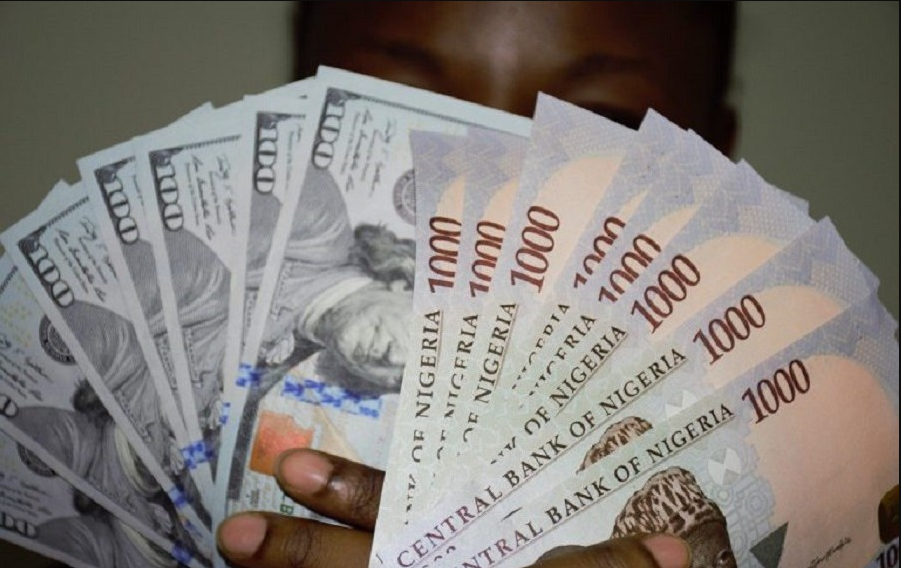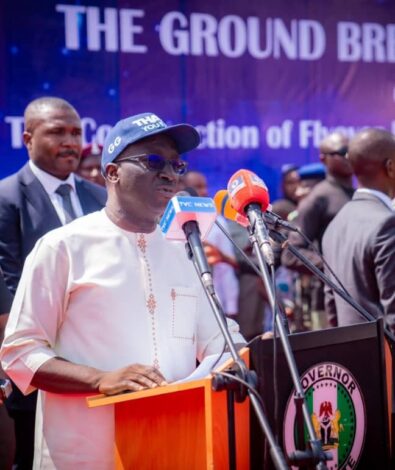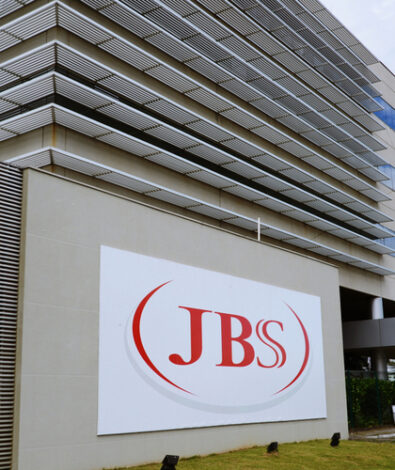Net forex inflow into Nigeria increases by $17 billion in Q2 2024

Nigeria recorded a significant increase in its net foreign exchange (forex) inflows in the second quarter of 2024, marking a notable improvement in the nation’s forex dynamics amidst ongoing currency pressures.
Data from the Central Bank of Nigeria (CBN) reveals that net forex inflow surged by 49.39% to $17.18 billion in Q2 2024, compared to $11.50 billion in the preceding quarter.
This $17 billion rise is due to the impact of increased inflows and reduced outflows across autonomous sources and official channels.
Breakdown of forex inflows
The CBN data shows that foreign exchange inflow through the Nigerian economy totalled $24.55 billion in Q2 2024, up from $22.26 billion in Q1.
This increase was primarily driven by autonomous sources, which accounted for a substantial portion of the inflow. Key details include:
- Inflows through autonomous channels rose from $14.17 billion in Q1 to $16.12 billion in Q2, reflecting a $1.95 billion increase.
- Autonomous sources, including remittances, private capital inflows, and other private-sector transactions, continue to serve as a significant driver of forex inflows.
- Meanwhile, foreign exchange inflows through the CBN increased slightly from $8.09 billion in Q1 to $8.43 billion in Q2, indicating the institution’s proactive measures to stabilize the forex market by managing both inflows and outflows effectively.
The rise in autonomous inflows particularly highlights the resilience of private sources amidst Nigeria’s forex challenges and indicates increased forex liquidity provided by market-driven sources.
Decline in forex outflows
In addition to higher inflows, forex outflows through the Nigerian economy decreased sharply, contributing further to the net inflow increase.
Total outflows dropped by 31.51%, from $10.77 billion in Q1 to $7.37 billion in Q2.
- Foreign exchange outflows through the CBN declined significantly, by 36.06%, from $8.92 billion in Q1 to $5.71 billion in Q2. This reduction indicates more stringent forex management by the CBN, which may reflect efforts to curtail capital flight and prioritize essential dollar allocations amid ongoing demand pressures.
- Outflows from autonomous sources also experienced a slight drop, falling by 8.79% from $1.82 billion in Q1 to $1.66 billion in Q2, showcasing a reduction in private sector demand for foreign currency or potentially tighter capital flow controls.
The combined effect of increased inflows and reduced outflows resulted in a significant improvement in Nigeria’s net forex inflow position. Net inflow surged by 49.39% to reach $17.18 billion in Q2 2024, up from $11.50 billion in Q1.
The increase was primarily supported by autonomous sources, which recorded a net inflow of $14.46 billion compared to $12.35 billion in the previous quarter.
The CBN also reversed its position from a net outflow of $0.85 billion in Q1 to a net inflow of $2.72 billion in Q2.
Exchange Rate depreciates amid forex gains
Despite the gains in net forex inflow, Nigeria’s exchange rate continues to face depreciation pressures.
- The average exchange rate at the Nigerian Foreign Exchange Market (NFEM) depreciated by 5.86% to N1,385.96 per US dollar in Q2 2024, compared to N1,304.72 per dollar in Q1.
- However, the Naira’s value has weakened further since the end of Q2, with the official exchange rate moving towards N1,650 per dollar and the parallel market rate hitting around N1,750 per dollar.
- Market observers attribute this ongoing depreciation to increased demand pressures alongside supply challenges, particularly in the retail forex market.
- As supply constraints tighten, suppliers reportedly continue to dictate prices, resulting in an unfavourable exchange rate trajectory despite the rising net forex inflow.



